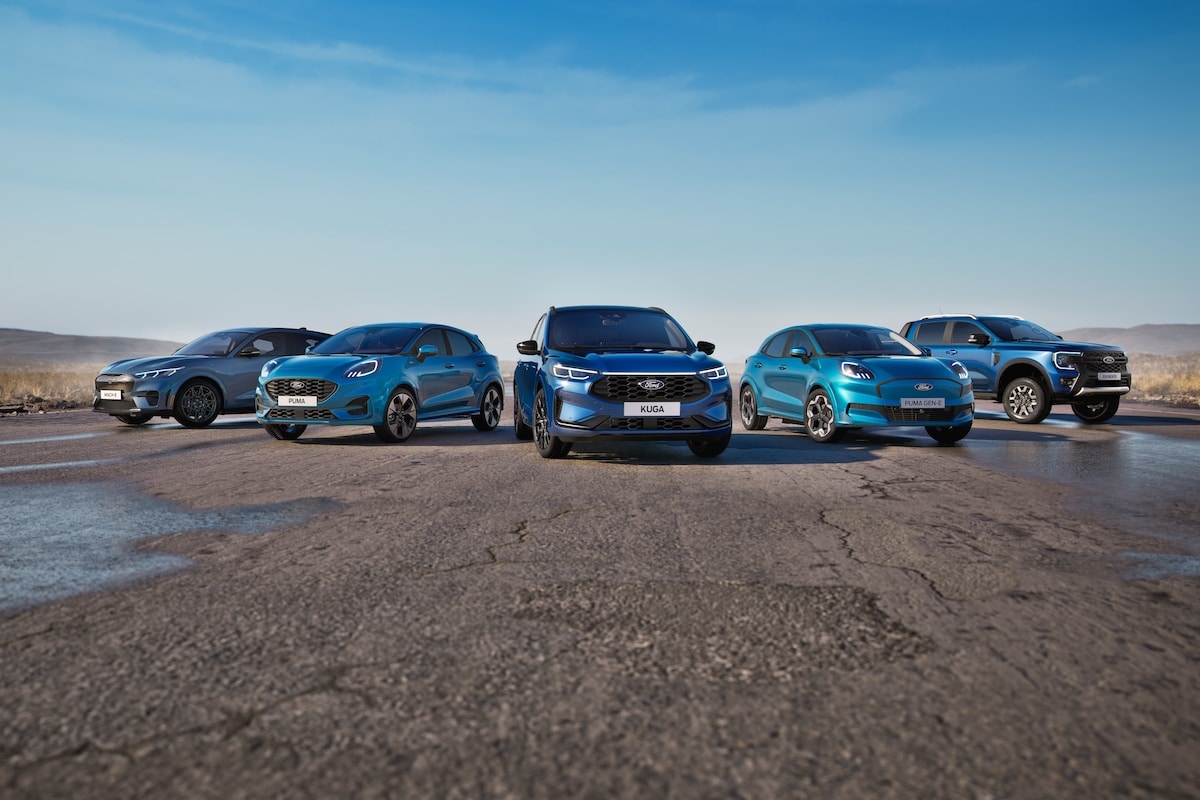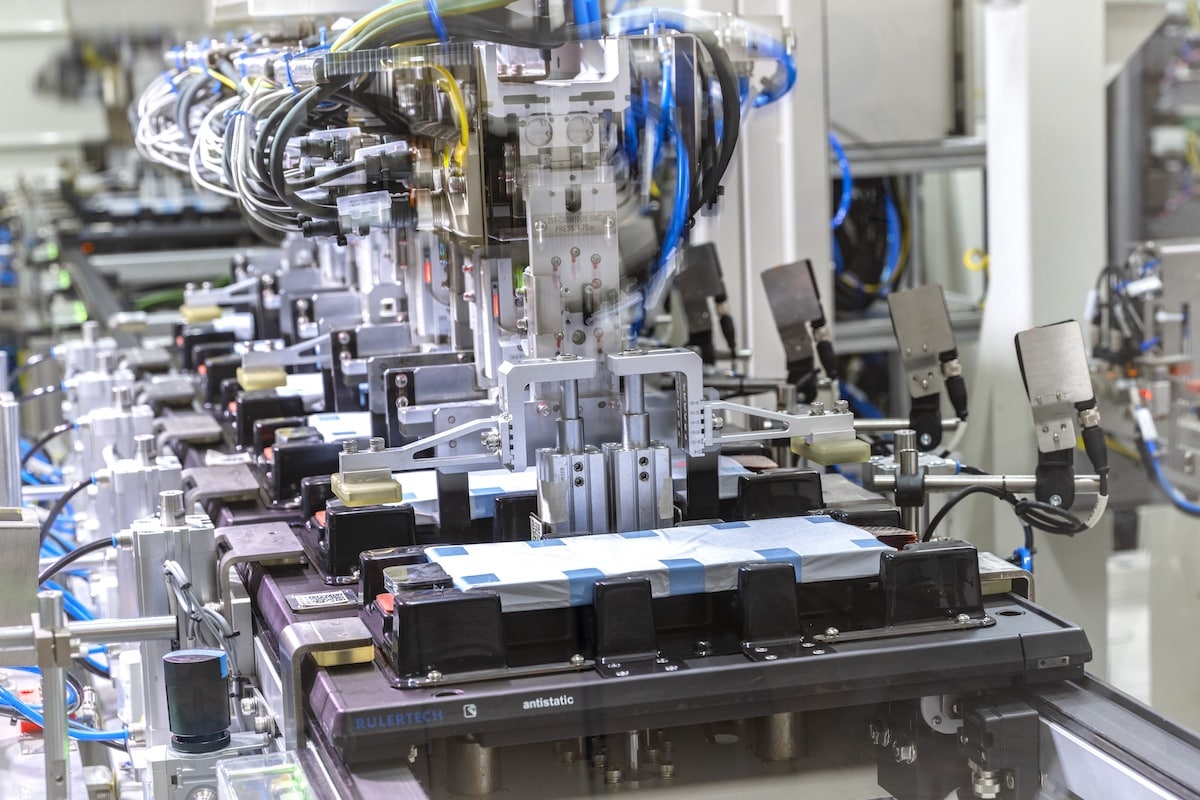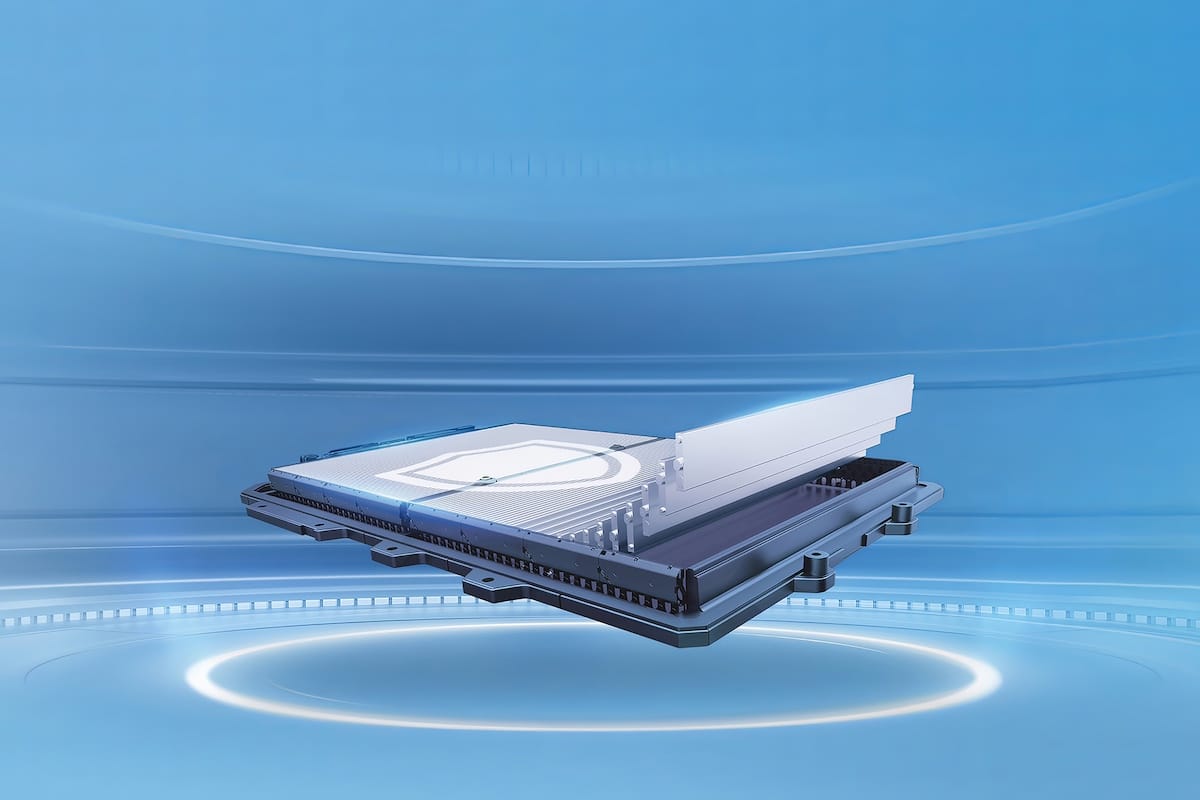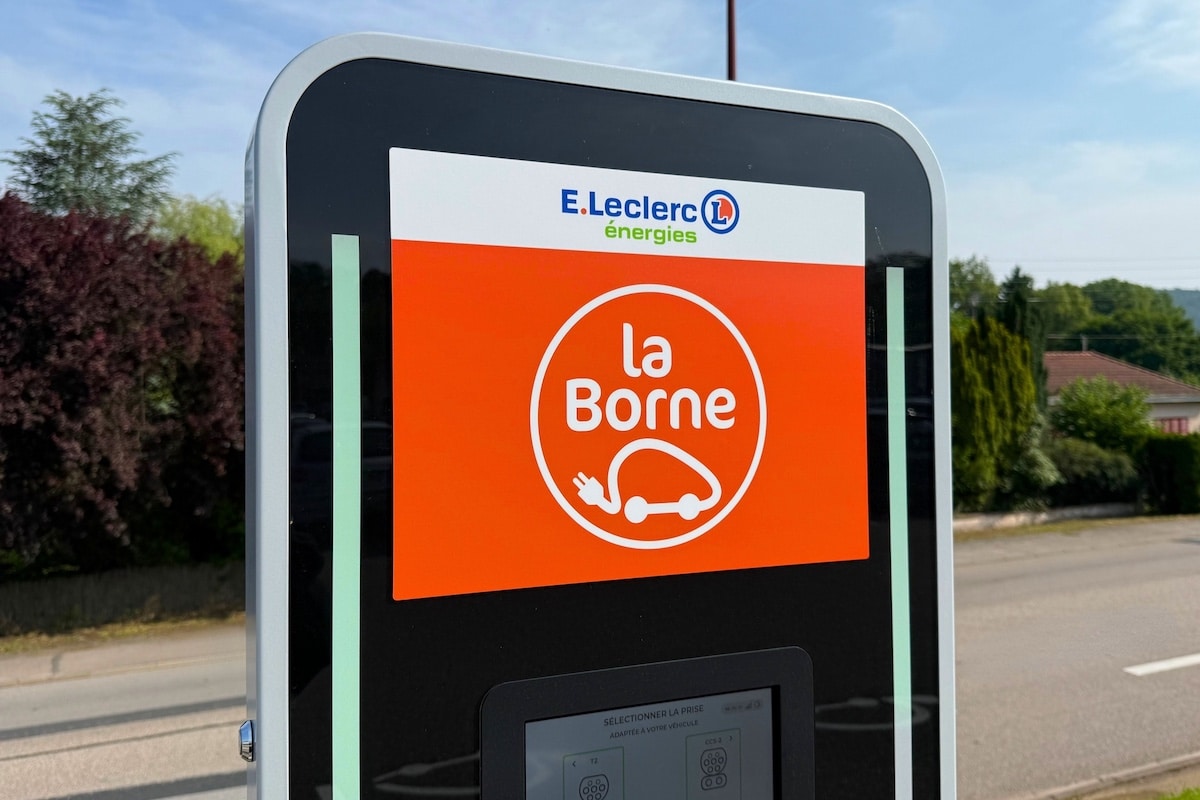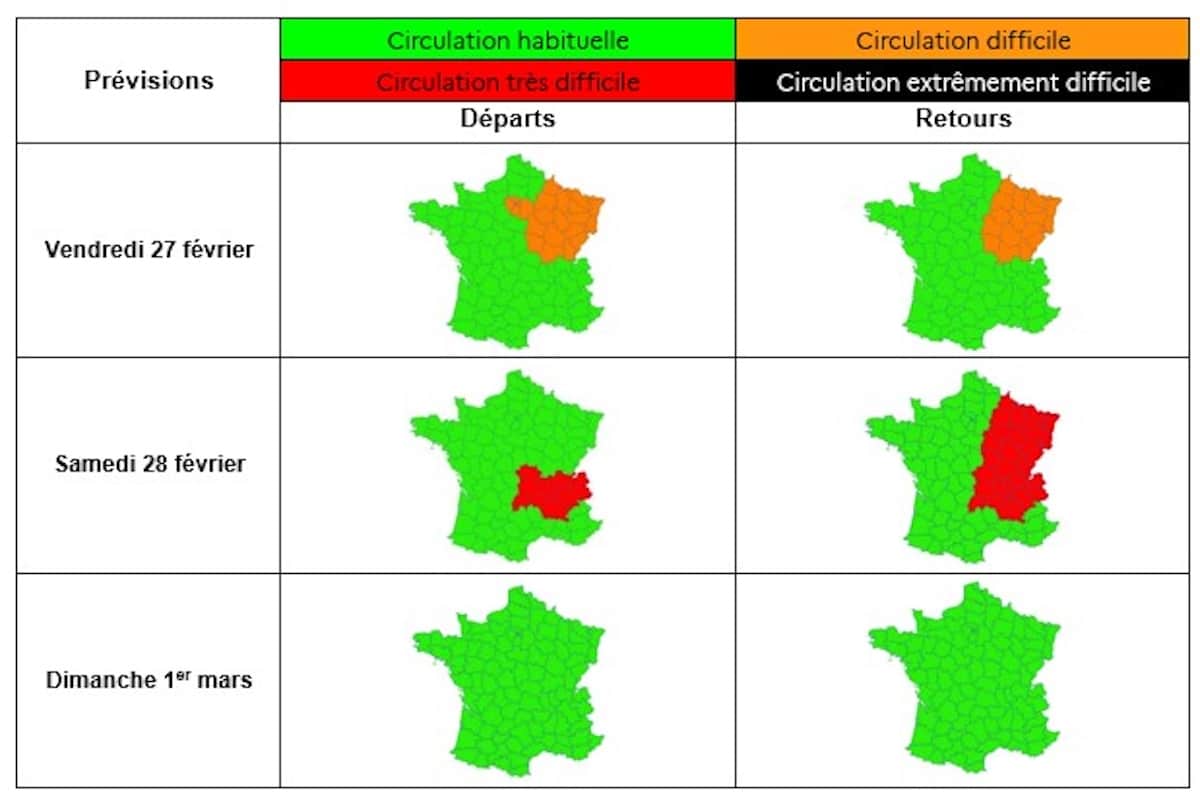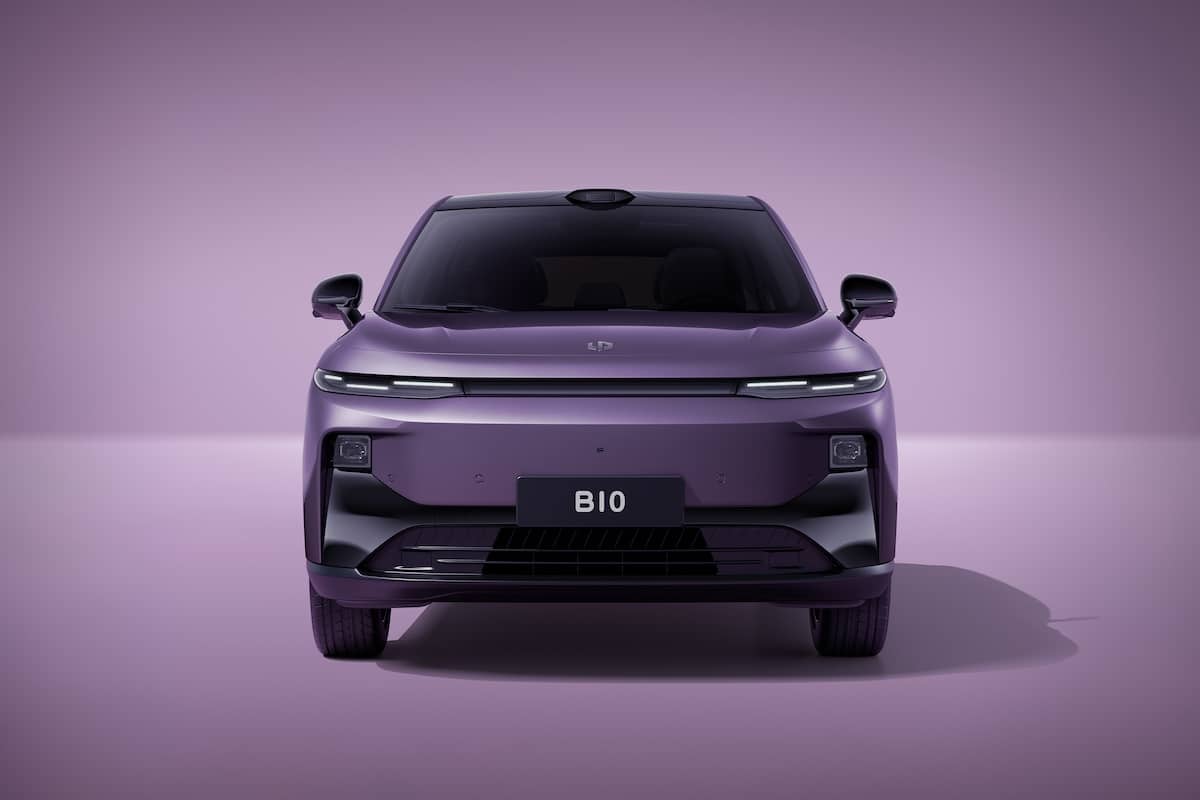Emmanuel Macron: Toward a “Made in Europe” Bonus for Electric Vehicles?
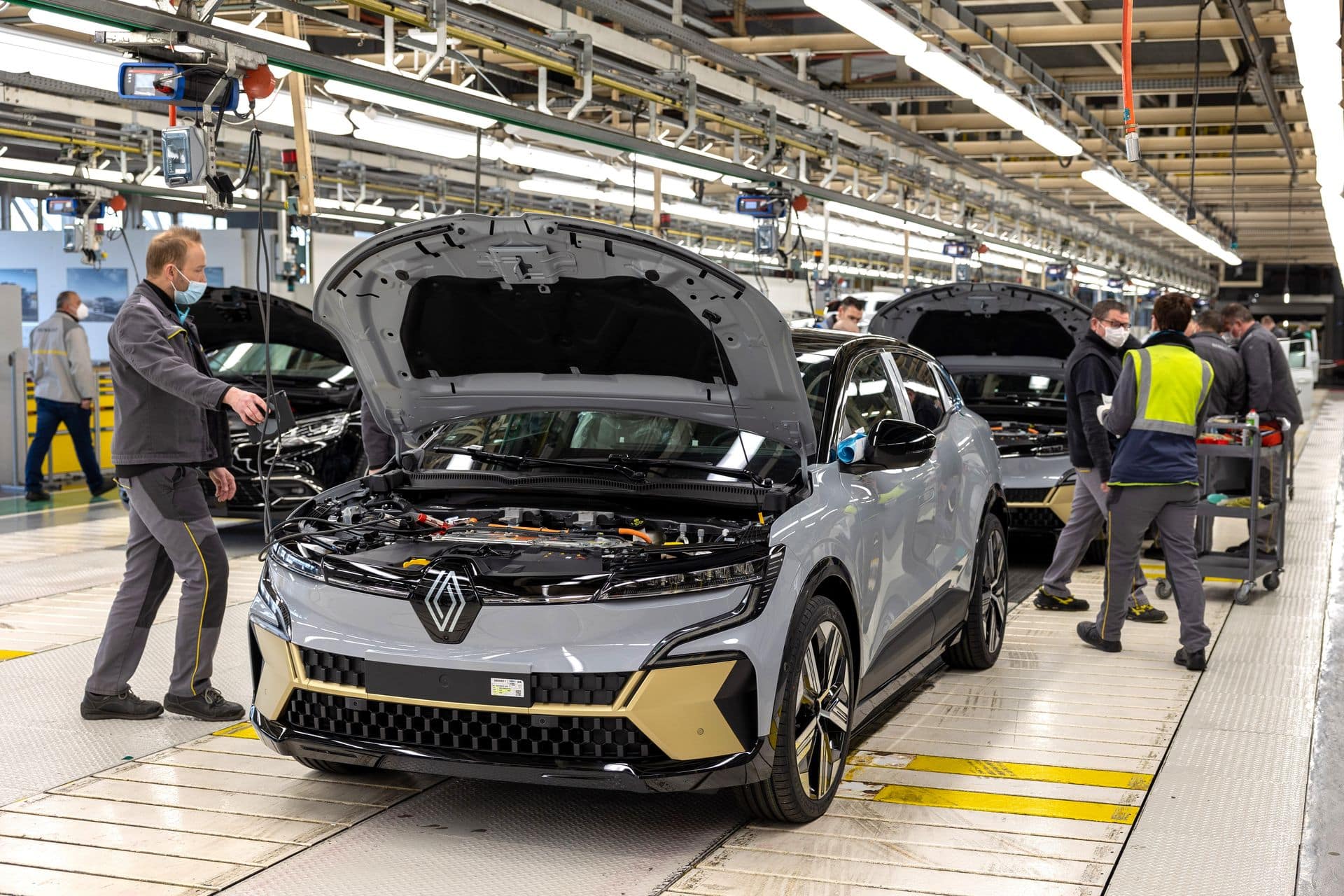
After a amount of €7,000 granted to low-income households, Emmanuel Macron supports the idea of a bonus for electric cars produced in Europe.
Two weeks after announcing measures to support purchasing power and tackle inflation, electric cars are back in the spotlight. Emmanuel Macron confirmed a bonus of €7,000 for half of the most modest households (compared to €5,000 for others starting January 1st). On October 26th, during the program “L’Evènement” on France 2, the President of France addressed China’s dominance in battery production and Europe’s manufacturing challenges.
Macron admits the delay compared to China
“It’s true, we’ve fallen behind,” acknowledges the Head of State, “five years ago, I will never forget, I gathered European automakers and told them to accelerate towards electric vehicles. I was told, ‘Don’t go too fast, all batteries are made in Asia, we depend on them and prices will go up.’ The Chinese moved faster than us, and we were wrong.” Our coverage on Chinese cars, the arrival of BYD, and our recent tests of Leapmotor C11, Aiways U5, and MG4 demonstrate the trend.
“Nevertheless, this is not inevitable,” continues Emmanuel Macron, “we have a climate goal and must renew our car fleet, with the conversion premium and ecological bonus. We have helped over a million people—not only towards electric cars, but also hybrids and new models.”
Towards a “Made in Europe” ecological bonus?
“Today, we do not produce enough in Europe and especially in France. When funding with the conversion premium or ecological bonus, a large part of these vehicles are not European, and far too many are Chinese,” when asked about potentially restricting origins, similar to the U.S. with subsidies only for Made in USA products, the President says he is“in favor of doing that.”
“We must address challenges related to climate, industry, and energy sovereignty,” clarifies E. Macron, “the model of the car is exactly that. We need to reserve aid, implement a ‘Buy European Act.’ Like the Americans, we should reserve them for European producers and our solutions. Europeans are still too naive. […] Many manufacturers depend on and produce in China.” Regarding tensions with German Chancellor Olaf Scholz, the French president affirms he has discussed this and found “common ground.”
France with 2 million electric cars per year by 2030
“Five years ago, we didn’t produce a single electric battery on our soil. Since then, we’ve opened three Gigafactories, huge battery factories, notably in Hauts-de-France,” and in the coming weeks, they will start producing the first batteries, with a goal of two million batteries per year in France by the end of this five-year term.
He also highlights a confusion between batteries and electric vehicles: “Today in France, we produce 1.3 million, I want us to produce 2 million electric vehicles, reindustrialize while being eco-friendly. We’ve already secured 1 million of these cars with announcements from Renault and Stellantis“.
Dacia Spring deprived of bonus in 2023?
Will France push for a bonus only for vehicles produced in Europe? And what about those using batteries manufactured in China? What about small wallets that no longer have access to the Citroën Ami and its €900 bonus (produced in Morocco)? And the Dacia Spring, which would lose the €5,346 aid? The cheapest electric car would no longer be €14,454 but €18,050 (Renault Twingo E-Tech with €6,000 bonus)! The new €7,000 bonus for modest households is precisely coming next year to compensate for the gap, and the President confirms that the bonus will continue “until the end of the five-year term,” at least until 2027.
Another nuance: Emmanuel Macron sometimes mentions “European manufacturers” or “cars made in Europe”. Which is not the same. A BMW iX3 is European but made in China, while a Hyundai Kona Electric is Korean but produced in Europe.
“The more volume we give them, the lower the prices can go,” remarks Macron, indicating help is limited compared to few other countries. He also states he does not want to “stigmatize” those still buying thermal vehicles: “It’s virtuous for the economy to switch from an old polluting diesel to a new generation that doesn’t pollute.” the President emphasizes.
Also read: Electric cars: a new lithium mine in France
This page is translated from the original post "Emmanuel Macron : vers un bonus “Made in Europe” pour voitures électriques ?" in French.
We also suggestthese articles:
Also read
